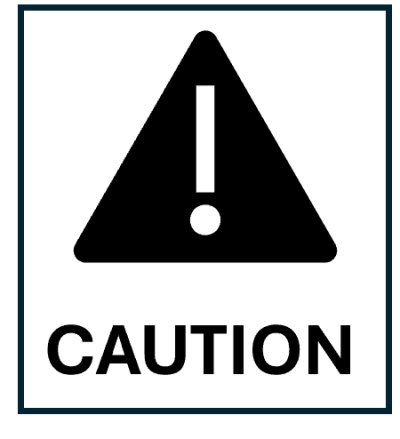Neurodiversity information for parents and young people
How to recover from your thoracic (rib or breastbone) fracture
Your ribs or sternum (breastbone) can take 4 to 6 weeks to heal after a fracture. Pain or discomfort may continue for several months while you make a full recovery.
We manage most thoracic fractures without the need to operate. If you need an operation, your doctor will explain this to you, and we will take you to the nearest specialist hospital.
Managing your pain
It is important that we help you to manage your pain, particularly within the first 2 to 5 days after your fracture.
We will give you regular pain relief. We may decide to perform a small procedure to temporarily block your nerve to help reduce your pain. We may also give you a patient controlled analgesia (PCA) pump, to make sure your pain relief is effective.
How physiotherapy can help your fracture to heal
Physiotherapy plays an important role throughout the recovery from thoracic fractures.
A member of our physiotherapy team will review your fracture. They will encourage you to keep mobile and talk to you about strategies that can help you manage your own recovery. Self management of your fracture recovery aims to avoid any respiratory (breathing) complications while your fractured bone(s) heal.
Your physiotherapist will talk to you about strategies to ensure your breathing function is as efficient and as pain free as possible.
These strategies may include:
- Incentive spirometry to improve lung function. This means using a mechanical handheld breathing device that encourages you to take slow, deeper breaths.
- Diaphragmatic breathing techniques and Active Cycle of Breathing Techniques (ACBT). Diaphragmatic breathing techniques are deep breathing exercises to utilise your main breathing muscle (diaphragm). ACBT is a simple and effective technique to help you take deeper breaths and cough strongly. Both of these techniques will help you breath efficiently.
- Comfortable positioning. Choosing the most comfortable position will help to reduce your pain and minimise strain on your fracture site.
- Supported coughing. This means applying gentle pressure over the painful area using a towel or pillow. It will help you to cough effectively, with as little pain as possible.
Why these strategies are important
It is important that you follow these strategies while you are in hospital and at home. They will help you to recover well from your thoracic fracture, speed up your recovery and minimise the discomfort you feel.
What you can do to help yourself recover
Things to do to speed up your recovery
- Take regular pain relief. This will help you feel better and ensure your respiratory system (breathing) functions well.
- In the first few days of your recovery, hold an ice pack (or a bag of frozen peas) wrapped in a tea towel against the affected area. Do this for 10 minutes, once every hour, during your waking day. This will help with swelling.
- Balance rest and activity. Remain active without causing an increase in your pain or irritation level. Take time off work if you need to.
- Try to breathe normally, taking slow, deep breaths. Cough and clear your throat of phlegm when you need to.
- For the first few nights of your recovery, sleep in a semi sitting up position.

Things to avoid while you recover from your fracture
- Do not lie down or stay still for long periods of time, because this increases your risk of developing a chest infection.
- Do not strain yourself or lift heavy objects within the first 4 to 6 weeks of your recovery.
- Do not play any sports or do any exercise that worsens your pain, particularly within the first 6 weeks of your recovery.
- Do not smoke. Speak to your healthcare professional about ways to give up smoking.
When to seek further assistance with your recovery
![]()
Contact your GP or call 111 if you experience any of the following when you return home:
- an increased amount of phlegm
- unusual coloured phlegm
- a general unwell feeling or a fever or high temperature.
![]()
Go to your nearest Emergency Department (A&E) if you experience any of the following when you return home:
- sudden shortness of breath that is getting worse
- increasing or severe chest pain
- severe pain in your tummy or shoulder
- a new pain which is not near your initial injury
- coughing up of blood.
What level of movement to expect while you recover
After discharge from hospital follow this guidance.
- For the first few weeks, you are likely to experience pain, but this will improve as your injury continues to heal. Try to get an idea of what you can do while remaining pain free.
- For 4 to 6 weeks after your injury, try not to lift anything heavy or do any manual labour. This will help to avoid worsening your pain and will speed up your recovery.
- For at least 6 weeks after your injury, avoid playing any type of contact sport. This will protect your injury while it heals and speed up your recovery.
Going back to work
If your job involves a lot of manual handling or lifting, discuss with your employer whether you can do other duties while your injury heals.
Talk to your GP if you are worried about going back to work after your injury.
Contact information
Kingston Hospital Physiotherapy Department